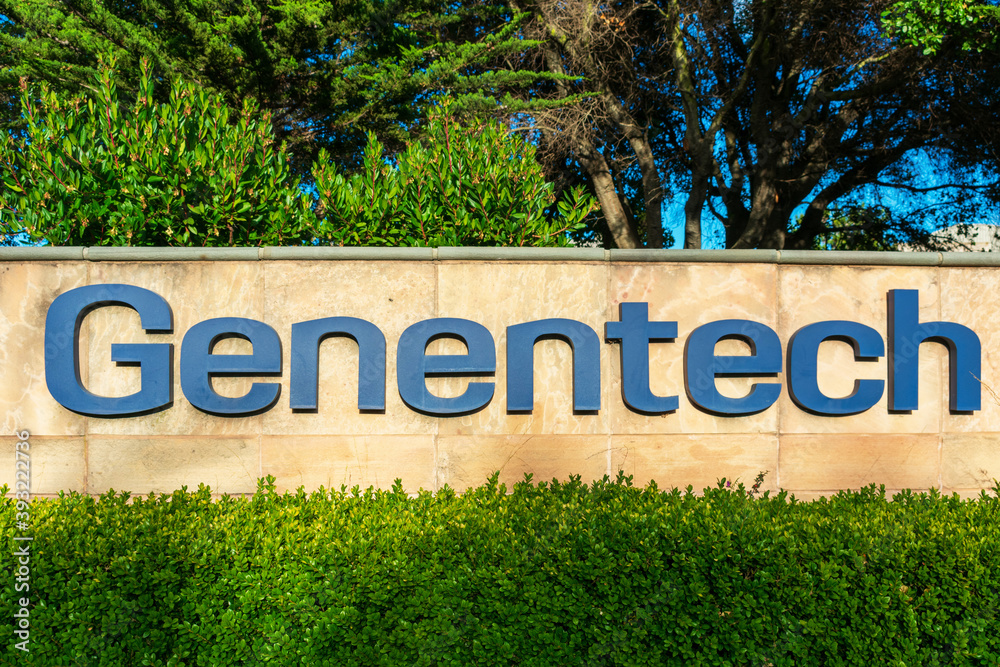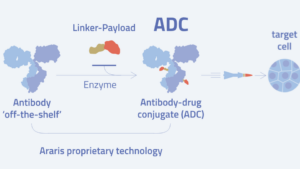
Scientists uncover target to stop colitis-induced colorectal cancer
German researchers have identified a promising new target to stop the inflammatory response in ulcerative colitis—a breakthrough that could help prevent the progression to colorectal cancer. Phase II clinical trials of a corresponding monoclonal antibody, licensed by Roche, are expected to begin soon.
Led by Ahmed Hegazy at Charité University Hospital in Berlin, the team was investigating cancer-promoting factors in patients with ulcerative colitis. They found that receptors for the inflammation-promoting cytokine Oncostatin M (OSM) were frequently present in tumours. In intestinal cells, the team observed that the cytokine IL-22 induced the activation of the OSM-beta receptor by increasing both STAT3 expression and the expression of the receptor itself. IL-22 and OSM act synergistically: they promote continuous STAT3 expression, create a pro-inflammatory environment in intestinal cells, and attract immune cells to the inflammatory site.
When Hegazy and his colleagues blocked the OSM-beta receptor in animal models, the development of colitis-associated colorectal cancer was prevented. As a result, the researchers believe the OSM-IL22 pathway represents a promising therapeutic target.
Roche’s US subsidiary, Genentech Inc., is on the cusp of beginning Phase II trials of vixarelimab, a monoclonal antibody licensed from Kiniksa Pharmaceuticals Inc. for US$700 million in biobucks in 2022. The antibody, which binds to the OSM-beta receptor, is expected to theoretically block the IL-22-OSM inflammatory cascade, offering potential therapeutic benefit for patients with moderate to severe active ulcerative colitis.


 Araris Biotech AG
Araris Biotech AG Roche
Roche BioNTech SE
BioNTech SE